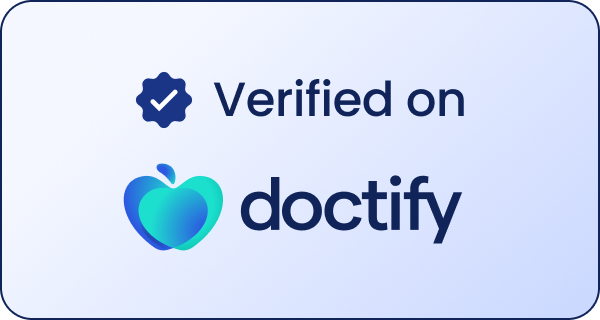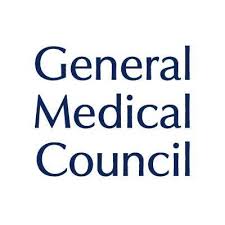How is depression in children treated?
Effective treatment often involves a combination of psychological therapies, lifestyle support, and in some cases medication.
Cognitive Behavioural Therapy (CBT)
- Cognitive restructuring: Identifying and challenging unhelpful thoughts
- Behavioural activation: Encouraging participation in enjoyable and meaningful activities
- Problem-solving skills: Helping children manage challenges and stress
Interpersonal Therapy (IPT)
- Focuses on improving relationships and communication
- Addresses social conflict, grief, or life transitions that may contribute to depression
Play Therapy (for Younger Children)
- Uses structured play to explore emotions and build emotional regulation
- Particularly helpful for children who find it hard to express feelings verbally
Family Therapy
- Strengthens communication within the family
- Helps parents and siblings support the child’s emotional wellbeing
- Addresses any family dynamics that may be affecting the child
Behavioural Parent Training (for Younger Children)
- Helps parents understand and respond to their child’s emotional needs
- Reinforces positive behaviours and builds emotional resilience at home
Mindfulness-Based Cognitive Therapy (MBCT)
- Combines mindfulness practices with CBT
- Teaches stress reduction, emotional awareness, and relapse prevention
Medication
In moderate to severe cases, antidepressant medication may be considered, especially when symptoms do not improve with therapy alone. This is always carefully managed alongside ongoing psychological support.



